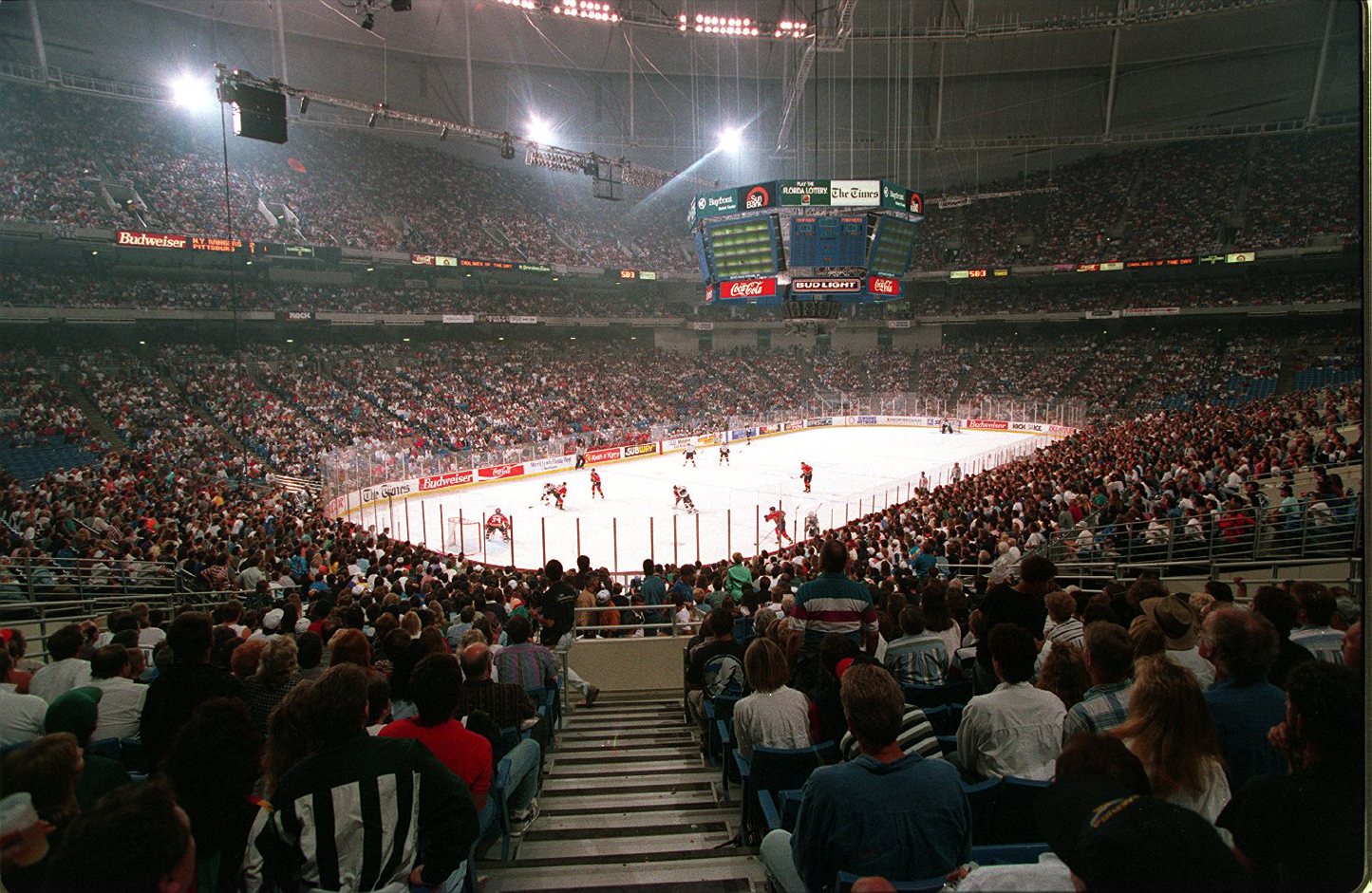I'm kind of with you on this but also admit there is a phenomenon or dynamic that I know less of. in a recent article on the surge in WNBA valuations I saw this written:
"Overall,
Sportico has WNBA teams trading at a 7.3x revenue multiple. This is lower than the NBA (11x), MLS (9.6x), and NFL (8.8x). But it’s higher than every other major U.S. sports league, including the NWSL (7.1x), MLB (6.7x) and NHL (6.2x)."
This was written pre Lightning sale so there would need to be an upward adjustment to revenue multiple now I guess. I am only sourcing this to give us an idea of the landscape.
Its a fascinating topic. Pro Sport property valuations have been exploding. If I was an owner like Vinik, Cuban, or any other I would absolutely be looking at taking chips off the table if I could retain the operating rights to the team. In Cuban's case I found his reason's facinating.
The NBA Board of Governors voted 29-0 to approve Cuban’s sale of the majority stake in the Mavericks to Miriam Adelson and the Dumont family on Wednesday.

www.forbes.com
As he mentioned he would rather own 27% of a watermellon than 100% of a grape but the part that I found most interesting is this quote:
“Media companies are going out of business. Or they’re consolidating. That world is changing. And so what went from an advantage was not so much an advantage anymore,”
Cuban told media members Wednesday.
“If you look at the teams that spend the most money right now, it’s not because of their media deals. It’s because of their real estate empires that they’ve built,” Cuban continued. “And I have no knowledge in that at all. It’s been hard enough learning the pharmacy and basketball business, let alone trying to learn real estate as well.”







